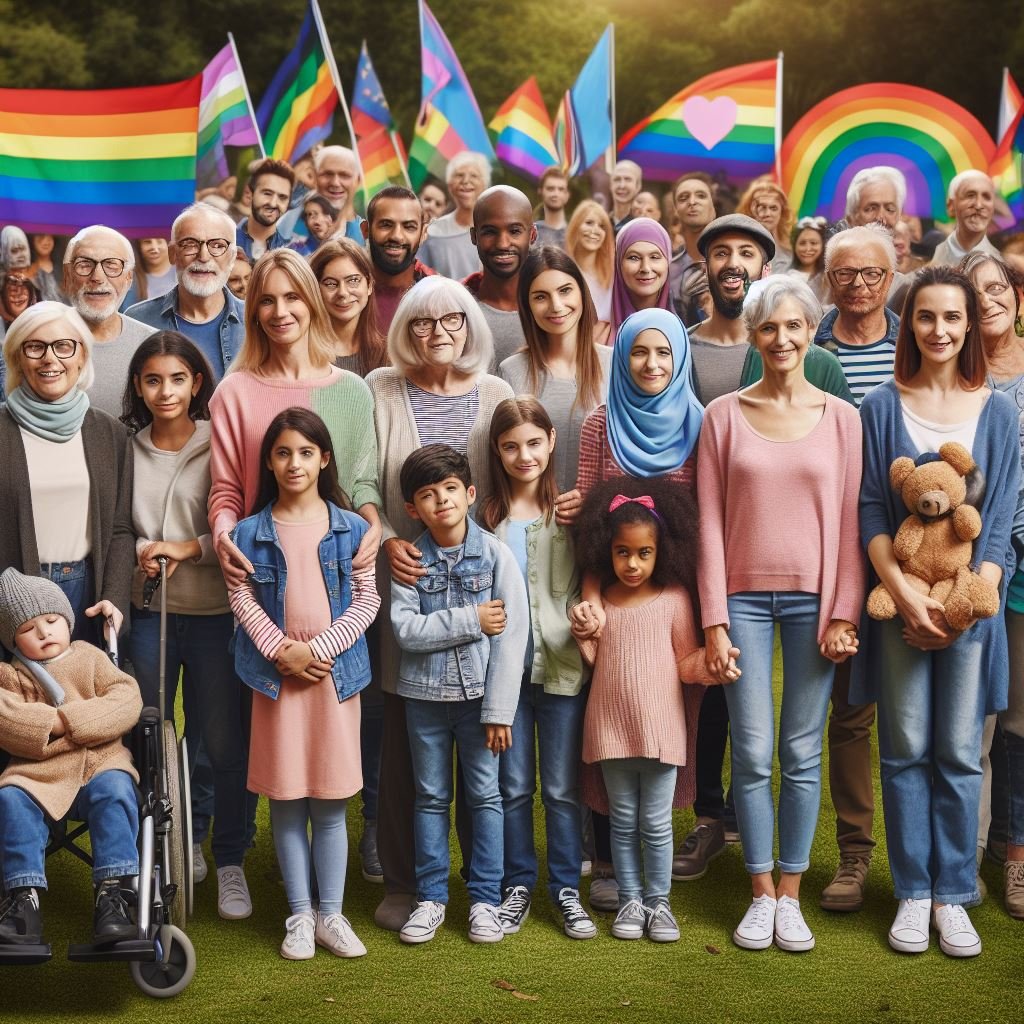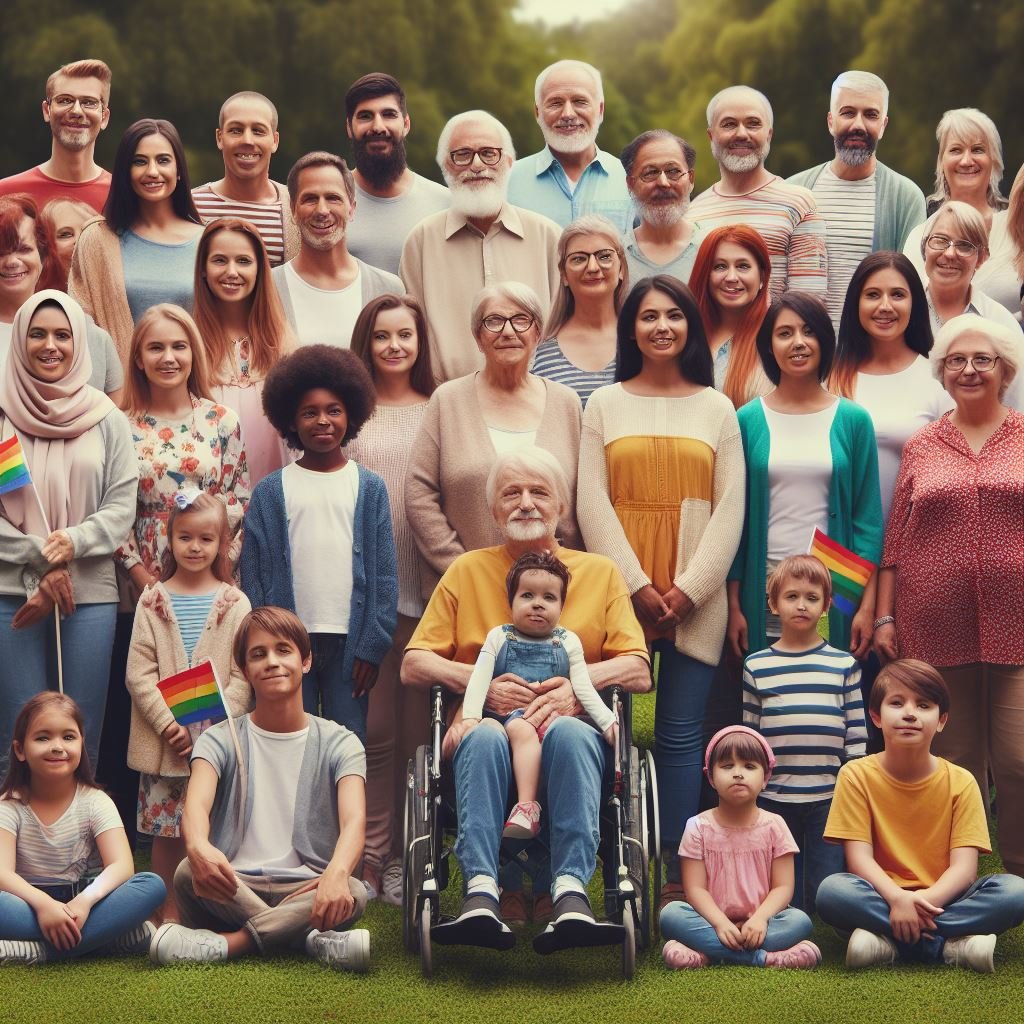Drug Safety in Children, Pregnant Women, and the Elderly
When it comes to medicines, one size doesn’t fit all. Different people can respond differently to the same medicine. And this is particularly true for certain groups of people, like children, pregnant women, and the elderly. These are what we call ‘special populations’, and they need special consideration when it comes to drug safety.

Let’s start with children. Kids are not just small adults. Their bodies are still growing and developing, and this can affect how they respond to medicines. For example, a drug that’s safe and effective in adults might not work the same way in children. That’s why it’s so important to test medicines specifically in children before they’re used.
Next, let’s talk about pregnant women. When a woman is pregnant, her body goes through many changes that can affect how she processes medicines. Plus, we have to consider the potential effects of the medicine on the developing baby. So, ensuring drug safety in pregnant women is a delicate balancing act.
Finally, there’s the elderly. As we age, our bodies change in ways that can affect how we respond to medicines. For example, our kidneys and liver might not work as well as they used to, which can affect how we process medicines. Plus, elderly people often take multiple medicines at the same time, which increases the risk of drug interactions.
So, as you can see, ensuring drug safety in special populations is a complex task. But it’s a crucial one, because everyone, regardless of their age or health status, deserves to use medicines that are safe and effective.



